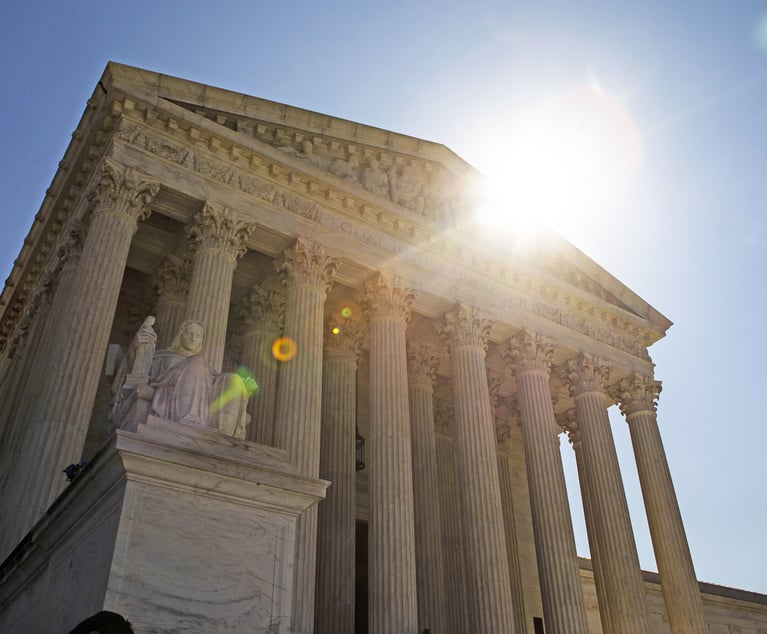On April 2, 2020, the Child-Parent Security Act (CPSA) passed the New York Legislature as part of Gov. Andrew Cuomo’s year 2020 budget package. The CPSA is comprehensive, addressing and securing the legal relationship between children and their parents when the children were conceived through third-party reproduction. The CPSA also discards New York state’s antiquated ban on compensated gestational surrogacy, i.e., where the surrogate has no genetic relationship to the child.
The CPSA, which will go into effect in February 2021, will be hugely impactful on the many thousands of New York families having children through third-party reproduction. The statute establishes detailed and clear—and entirely new—legal procedures and requirements for obtaining a judgment of parentage for children born through sperm or egg (collectively, gametes) donation, embryo donation, or with the assistance of a gestational carrier. Failure to comply with these statutory requirements, particularly in the context of surrogacy arrangements, could prevent the intended parents from obtaining a court order recognizing them as the legal parent of their child. Family law practitioners of all kinds in New York, including matrimonial and trust and estates attorneys, will need to have a working understanding of the principles underlying the CPSA to properly protect and advise their clients who have conceived children through third-party reproduction and/or who have cryopreserved embryos that can be used for conception.


 Photo: Shutterstock
Photo: Shutterstock




